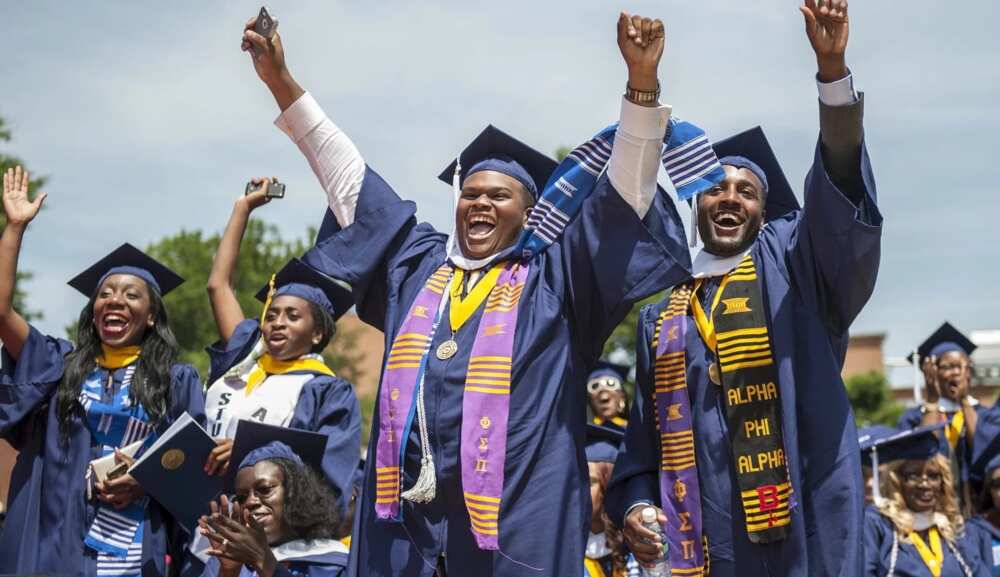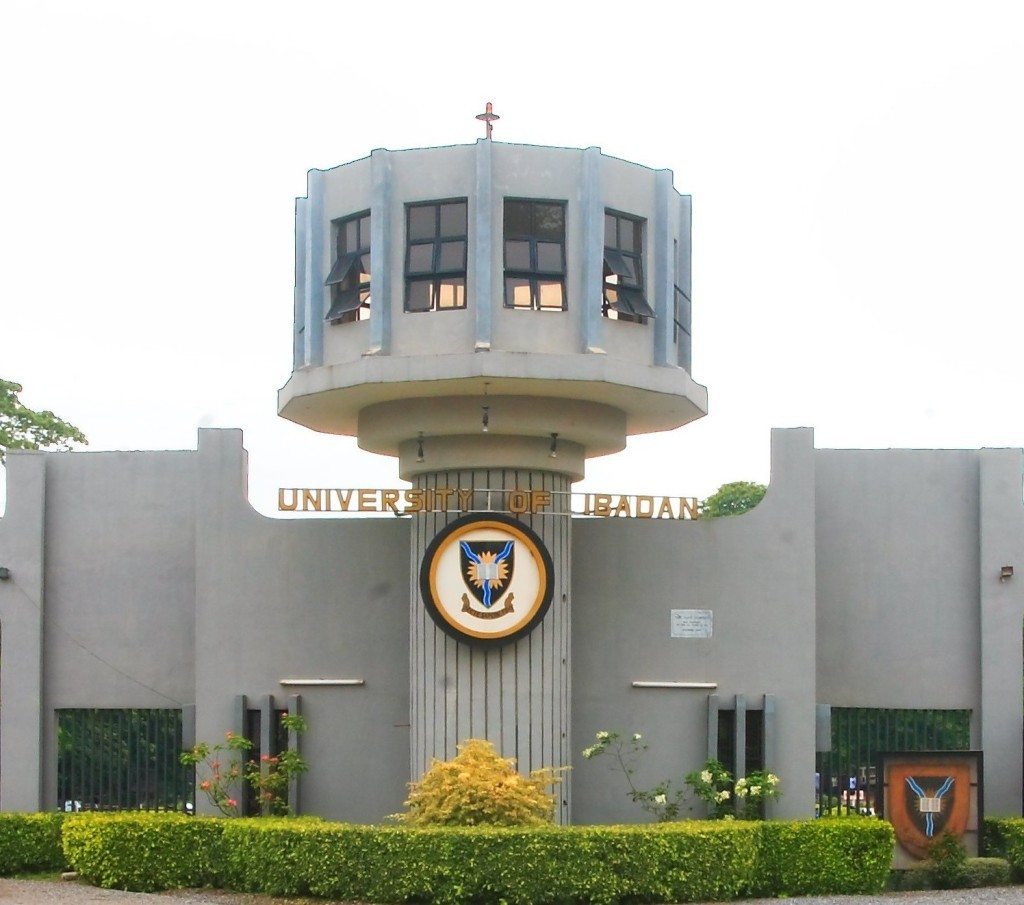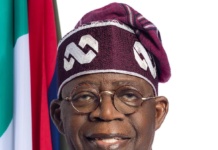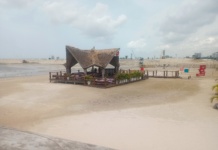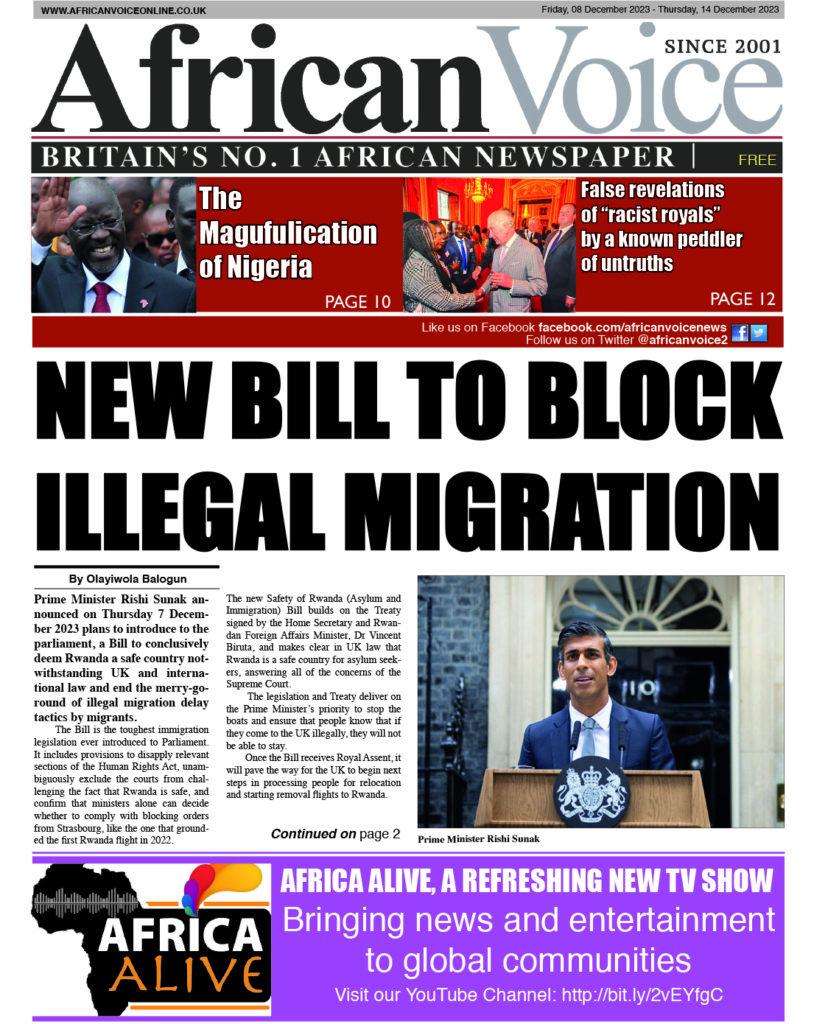

By Olakunle Agboola – The challenge facing Nigerian society in the 21st century is creating an education and training system that will ensure that human resources and potential are developed to the full. As such, curriculum developers must wake up, and seek a constructive partnership between their intuition and all the major stakeholders in education.
Education is the process of transformation, which strives to meet the needs of the society. It is expected for society to be in tune with the design of its educational system. When there is disconnection, society runs into turbulence as the Nigerian state is in dire need of a strong educational system, that is correlated with civilization.
I had a great conversation with a group of Nigerian graduates who had just relocated to the UK on a student Visa. They constructively discussed the courses studied at the University, and how it has become outdated and failed to cope with today’s reality. Bayo, a Computer Engineer, lamented wasting his time and would advise anybody not to study Computer Science or Engineering at any of the Nigerian Universities.
‘Why waste four or five years in a Nigerian University studying Computer Science or Engineering, when you can learn it on your own or even register, and learn it outside the four corners of the University? It is pointless to waste money thinking that outdated courses regarding Computer Engineering will help you become a good Programmer or Software Engineer.
I had to learn all over again because the professors at the University failed to update their 20-year-old school notes, coupled with an outdated curriculum. I was out of school when I realized I knew nothing, and nobody would employ me with outdated education. I had to learn at the Computer Institute and update my knowledge. The point is that the curriculum ought to be updated often with the lecturers keeping up with the reality of today. It ought to be a fusion of knowledge between the students and the lecturers.’’
Tola, a mechanical engineer has a diverse and holistic view of the subject matter, as she hopes the government can focus on the educational sector and engage education experts, to create a sustainable curriculum that can solve Nigeria’s problems.
‘Nigerians are brilliant people and that should reflect on government policies and decisions. The irony of it is that we kept those who do not know how to knot their shoes lace in power. We can’t continue flogging the narratives of outdated curriculum in Nigerian universities but come up with solutions. This should be a concerted effort from the government and a partnership with the private sector.
What is the vision of Nigeria in the next 50 years or what is Nigeria set to achieve in the next 50 years? This is a basic question that politicians lack in their capacity to answer. It is always about the election and how to win, which has become an endless circle of visionless characters, who have eyes but cannot see.
We have politicized everything and it is becoming difficult to have an updated curriculum for the educational sector to grow and solve our immediate problems. No nation can develop without a holistic design and updated curriculum to solve today’s problem.’
Nkechi, a biochemist buttressed the discussion by having a converging opinion with Tola, as she cited a poignant view of what Nigeria should have become if children in schools are taught about their realities, and what they can do to advance their society when they are older. She cited Japan and Singapore who have continued updating the curriculum to solve societal needs.
‘If we are intentional and ready to grow then we should start using our brain rather than our head. The educational sector needs a total overhaul and alteration, most especially the higher institutions. What makes a university if not meaningful research that can transform society and boost the economy? How many research institutes do we have in Nigeria that are actively funded by the government without misappropriation of funds?
The International Institute of Tropical Agriculture (IITA) could have been dead and forgotten if it had been run by the Nigerian government. This is my point, there must be a direct correlation between the Universities and the research institutes cum government institutions. It is all intentional and encapsulated with the vision and foresight of a great leader and followers.’
Bade Edunjobi, Nigerian British and education consultant in the United Kingdom, maintained the way forward is for Nigeria to embrace a system of education, where the curriculum is tailored to meet the contemporary needs of the society. He emphasized on holistic vision for the nation which will strengthen all sectors to gravitate toward actualization.
“I have been consulted on different occasions by the Nigerian government, and I have maintained a strong estimation of the competency-based system of government, which will automatically fix all sectors in Nigeria. The educational sector as a classic example will grow very fast having a round peg in a round hole.
Also, I suggested an inclusive and sustainable curriculum of African inheritance as this will help the children to understand their culture, and history and be proud of their identity. This was a 50-page proposal submitted during the Buhari administration, and nothing was done as regards implementation.’’
Aliko Dangote, chief executive officer of Dangote Group once called on the policymakers to lay the foundations to bridge the skills gap in the country. According to Dangote, most Nigerian students entering the workforce lack the required skills to meet the changing needs of the global economy. This is one of the major reasons Dangote patronizes foreign workers in his establishments.
Education around the world in the last century has indeed been modernized to solve today’s problems. It is up to the Nigerian government to wake up and keep its youthful population at home just like Japan, with a robust curriculum that can help them solve problems.
Kindly follow us on twitter:@AfricanVoice2
